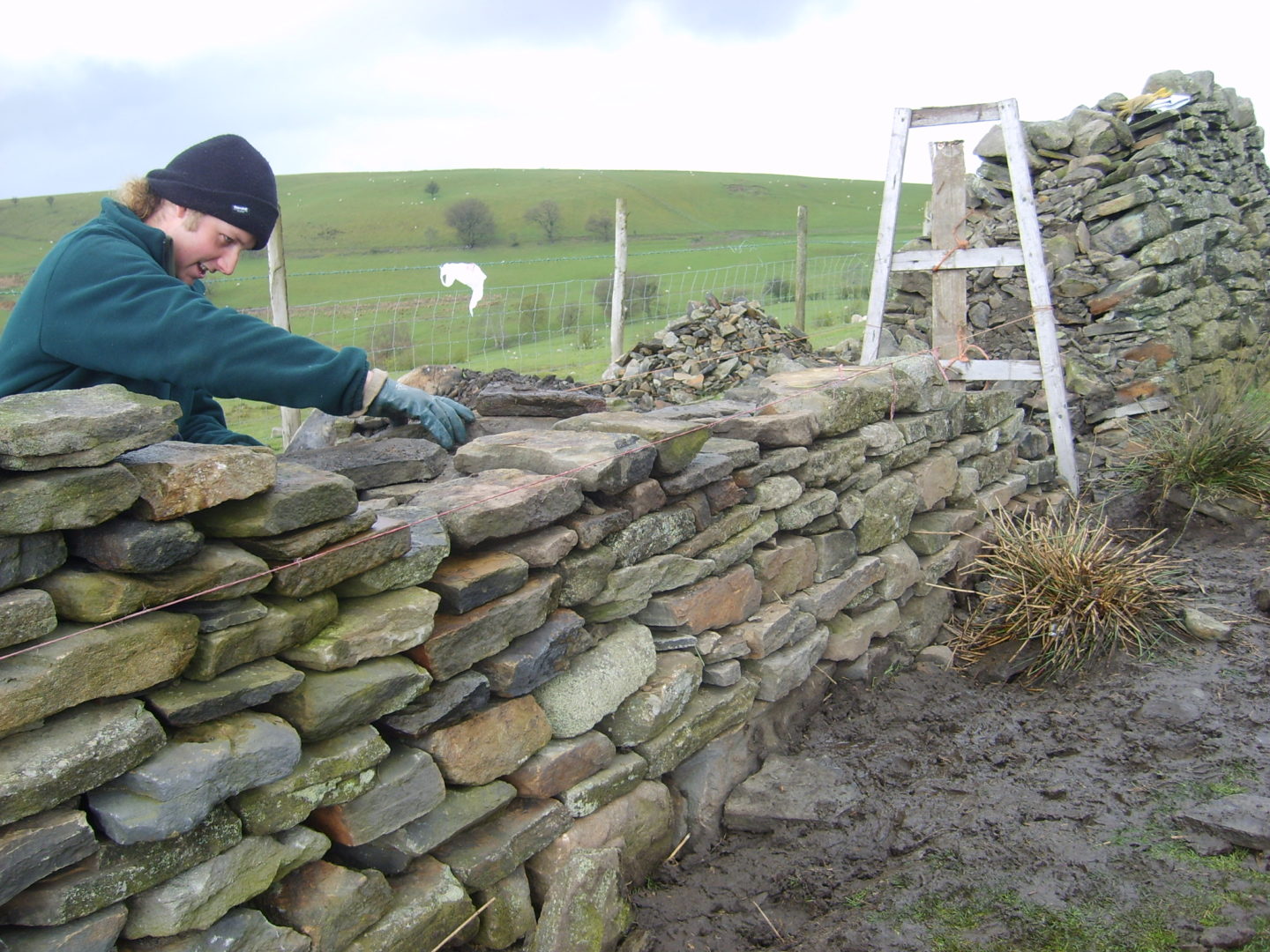Countryside Worker / Countryside Ranger Apprenticeship
These occupations are found in organisations that are responsible for managing the countryside, natural environment, community engagement and public access. These cover significant amounts of our country. 25% of England is covered by National Parks and Areas of Outstanding Natural Beauty (AONBs), and more than 350,000 hectares is managed by organisations such as National Trust, Natural England, Wildlife Trusts and RSPB. This includes land which is National Nature Reserves as well as private landed estates, urban and country parks. The types of organisations include local government – unitary, county, district, city, town and parish councils, small and medium businesses, national and local charities such as National Trust, Wildlife Trusts, RSPB, Woodland Trust, Canal and River Trust as well as National Park Authorities, Forestry England and Natural England.
The broad purpose of the occupation is the daily management, maintenance, conservation and protection of the natural environment and to inspire people about the natural environment and encourage them to engage with their local green spaces. This includes a wide range of habitats such as moorland, heathland, wetland, woodland, grassland and coastal and protected landscapes that makes the English countryside, either in an urban or rural environment, both distinctive and special. They organise, supervise and deliver specific land management, conservation and community engagement tasks and manage small scale projects working collaboratively both internally and externally with a wide range of partners, stakeholders, organisations and interest groups as well as creating safe environments where the public can enjoy the countryside and coastline. They carry out challenging work outdoors, in a variety of locations, which may be remote as well as undertaking their role all year round in a variety of weathers. They work with minimal supervision or as part of a broader team.
In their daily work, an employee in this occupation interacts with organisations such as local AONB’s and National Park Authorities, statutory bodies such as Natural England, Historic England, local town and parish councils, community groups and members of the public. Members of the public can include paying customers as well as the public making use of public rights of way, permissive routes and open access land. In addition, employees will work with contractors, volunteers, friends of and corporate groups, who offer time, resources and services to invest in their local environment; and other teams from within their organisations. Also, local landowners and tenants, appointed representatives such as councillors, educational groups, emergency services and local community or other interest groups.
An employee in this occupation will be responsible for planning and delivering short and medium term work programmes and small scale projects from creating a new multi-use route to setting up a new grazing project. They allocate resources, staff and volunteers needed for the day to day management of delegated countryside sites, areas or projects that they work on. This includes practical habitat and species conservation and land management, construction and maintenance of boundaries, assets and countryside infrastructure and public access routes. They conduct, evaluate and report on surveys and monitor habitats and species, people and structures and assets. They are responsible for planning, delivering and evaluating high quality environmental interpretation, education and information to promote key messages, increase peoples understanding of the natural environment and encourage people to engage with local green spaces such as public events, educational visits and using social media.
They will respond to major or minor events that impact upon the natural environment, assets or people such as environmental incidents such as landslips, fires or pollution, first aid emergencies, theft of equipment or notifiable or other diseases and pests which affect plant or animal health e.g. Ash Dieback. They will be required to take responsibility for building effective working relationships both internally and externally and delivering their scheduled work activities safely, sustainably, to agreed work programmes and licences, timeframe, quality, budget and ensuring value for money.
Countryside Worker / Countryside Ranger Apprenticeship website


